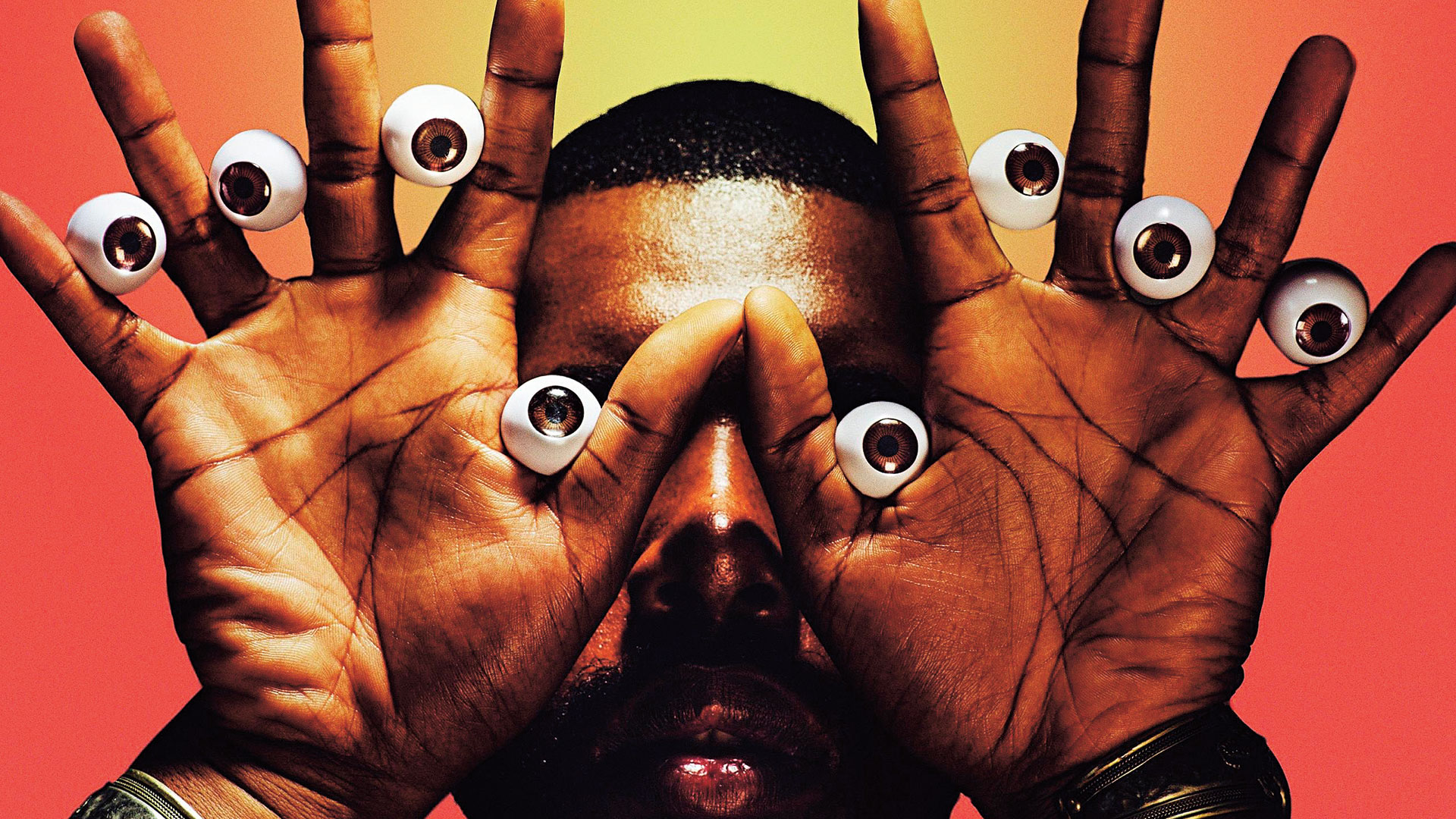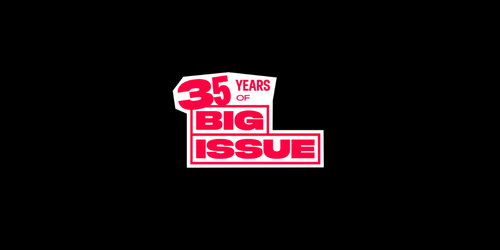When we think of jazz in 2017, those unfamiliar with the genre may conjure stereotypes of the pretentious hipster sitting in a dark bar, stroking their goateed chin to mark themselves out as an elite connoisseur of the skronks, plucks and scrapes that make up some (frankly unlistenable) collective musical improvisation from a band of similarly dressed musicians. This is a shame: as the musical force that arguably shaped popular music culture, and whose legacy can still be felt a century after the first recordings labelled ‘jazz’ were made, the music deserves far more respect.
Something called jazz existed before 1917, primarily played by African-American and Creole musicians in the musical melting pot of New Orleans, but that was the year that a white group calling themselves the Original Dixieland Jass Band made their first recordings – Livery Stable Blues and Dixieland Jass Band One-Step. These and the band’s other records were huge hits, and suddenly venues across New York City, Chicago and elsewhere were scrambling to book ‘jass’ or ‘jazz’ bands, spreading both the style of playing and ultimately the word ‘jazz’ across the country.
A music critic in 1917 struggled to make sense of the craze: “The eating and dancing public has been treated for some time to the most remarkable performances of so-called ‘jazz bands’, unquestionably the most accomplished dispensers of nerve-racking noises and annoying
rhythmic contortions the amusement-seeking world has ever experienced.”
Jazz culture gave the world a vocabulary for pop – from the idea of ‘cool’ to (for better or worse) the concept of the ‘hipster’.
We tend to forget that jazz was a key cultural precursor to much of the popular music that followed over the next century. The words ‘teenager’ and ‘youth culture’ were not in widespread use in the 1920s and 1930s, but that is not to say that the phenomena did not exist. Like rock ’n’ roll, jazz was simultaneously vilified and valourised. It was a youth culture thought to be subversive and morally corrupt, prefiguring the teenage ‘revolution’ of the baby boomer generation. It was also a powerful signifier of racial politics in America, and a commercial music that was valued for its perceived anti-commercial authenticity (or dismissed when such qualities were seen to be lacking). Jazz culture also gave the world a vocabulary for pop – from the idea of ‘cool’ to (for better or worse) the concept of the ‘hipster’.
The composer George Gershwin wrote, in 1933, that “jazz is the result of the energy stored up in America. It is a very energetic kind of music, noisy, boisterous, and even vulgar. One thing is certain. Jazz has contributed an enduring value to America in the sense that it has expressed ourselves. It is an original American achievement which will endure, not as jazz perhaps, but which will leave its mark on future music in one form or another.”






